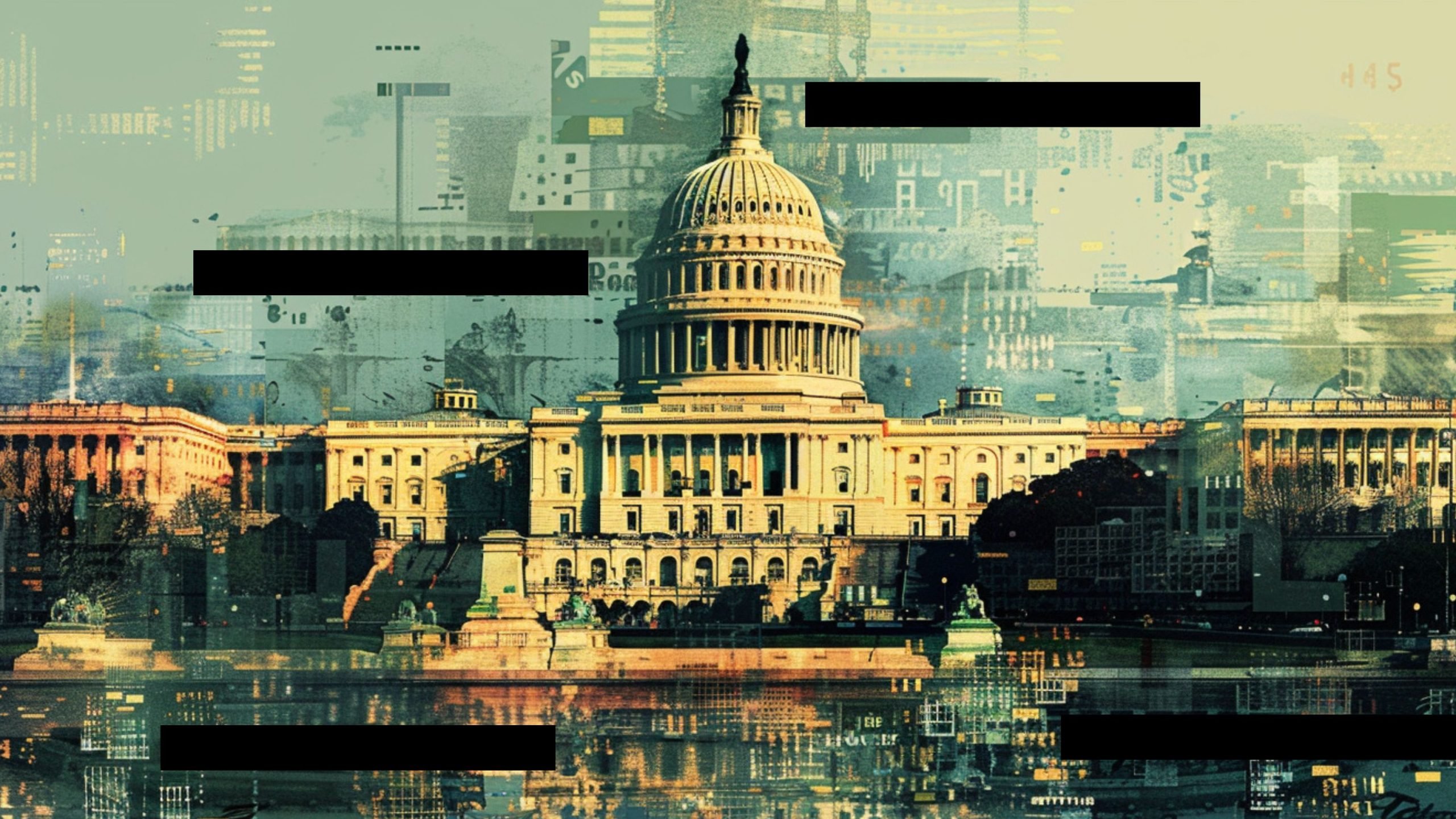A renewed legislative effort is underway in Congress to ensure that pastors and other leaders of religious non-profits can voice political views without risking government punishment. Spearheaded by North Carolina Congressman Mark Harris, the proposed legislation seeks to roll back restrictions that have long been used to chill political expression within churches and non-profit organizations.
On Monday, Harris introduced the “Free Speech Fairness Act,” a measure crafted to shield religious leaders from IRS penalties simply for expressing political opinions. The bill takes direct aim at the Johnson Amendment, a provision from 1954 that effectively muzzles churches and charities by threatening their tax-exempt status if they support or oppose political candidates.
We obtained a copy of the bill for you here.
Harris, himself a Baptist minister, views the existing rules as an infringement on foundational liberties. “People of faith should not fear exercising their First Amendment rights at the risk of the IRS coming after them,” Harris said in a statement.
“For too long, the Johnson Amendment has silenced pastors, churches, and non-profits from engaging on moral and political issues of our day for fear of losing their tax-exempt status. This attempt to muzzle people of faith must end – the Constitution is clear: Americans’ right to free speech shall not be infringed.”
He contends that the Johnson Amendment has not served as a neutral safeguard but instead has functioned as a deliberate “tool to silence religious leaders and churches.” By removing the fear of IRS intervention, Harris says the bill would return freedom of speech to those leading religious and charitable organizations.
Since 1954, the Johnson Amendment has exerted significant control over how religious institutions and charitable nonprofits engage in politics, restricting tax-exempt 501(c)(3) groups from endorsing or opposing candidates. While some frame it as a barrier to corruption, its effect has been seen by some as a steady erosion of free expression within religious and nonprofit spheres.
First introduced by then-Senator Lyndon B. Johnson with little deliberation in Congress, the amendment was a reaction to political opposition from nonprofit groups in his home state of Texas. Though it began as a political maneuver to suppress dissent, the rule evolved into a broad restriction affecting churches and charities nationwide. Under its terms, these organizations are barred from participating in political campaigns “on behalf of (or in opposition to) any candidate for public office.” Noncompliance threatens their tax-exempt status.
Many religious voices have challenged the amendment for decades, describing it as an infringement on both free speech and religious liberty. They argue that pastors and church leaders must be free to speak openly — even politically — from the pulpit, and in online messages to followers and supporters, without being muzzled by the threat of IRS retaliation.
Though various legal efforts have sought to overturn the Johnson Amendment on First Amendment grounds, courts have repeatedly ruled in favor of keeping it in place. The prevailing judicial position has been that tax exemption is not an entitlement but a conditional privilege, with requirements attached.
A clear example came in 2000 when the Church at Pierce Creek lost its tax-exempt status after running ads in 1992 opposing then-candidate Bill Clinton. A federal appeals court held that the church had not been silenced, merely required to relinquish tax benefits if it chose to engage in campaign activities.
Supporters of the Johnson Amendment argue that it serves as a necessary boundary between tax-exempt status and partisan political activity, preserving both the integrity of the nonprofit sector and the separation of church and state. They maintain that allowing religious and charitable organizations to endorse political candidates while receiving tax-deductible donations would open the door to misuse, effectively turning churches and nonprofits into unregulated political machines. This, they contend, would erode public trust and invite a flood of hidden campaign spending under the guise of charity.
Even so, many continue to argue that the government should not force religious institutions to choose between their tax status and their constitutional rights. To them, the Johnson Amendment imposes a coercive bargain: censor your beliefs or pay a financial penalty.
In the Senate, a companion bill will be introduced by Senator James Lankford of Oklahoma, with Senator Ted Cruz of Texas signing on as a co-sponsor. Lankford emphasized that the bill affirms rights already guaranteed by the Constitution. “The First Amendment protects Americans’ right to freedom of speech and religious freedom without the threat of interference from Congress,” he said. “Fundamental American values must extend to everyone, including pastors, social workers, or non-profit employees and volunteers.”
The legislation clarifies that charitable groups can comment on political campaigns as part of their regular activities, so long as they don’t incur significant costs doing so. This would permit, for instance, a pastor to mention a candidate during a sermon, or the leader of an organization to criticize a politician’s stance in an email or social media post to supporters.
Support for the bill is growing. Fourteen House Republicans have signed on as co-sponsors, including Reps. Michael Guest, Randy Weber, Barry Moore, Clay Higgins, Glenn Grothman, Keith Self, Michael Baumgartner, Mark Messmer, Tim Walberg, Marlin Stutzman, David Rouzer, Doug LaMalfa, Andy Ogles, Abe Hamadeh, and Mary Miller.







